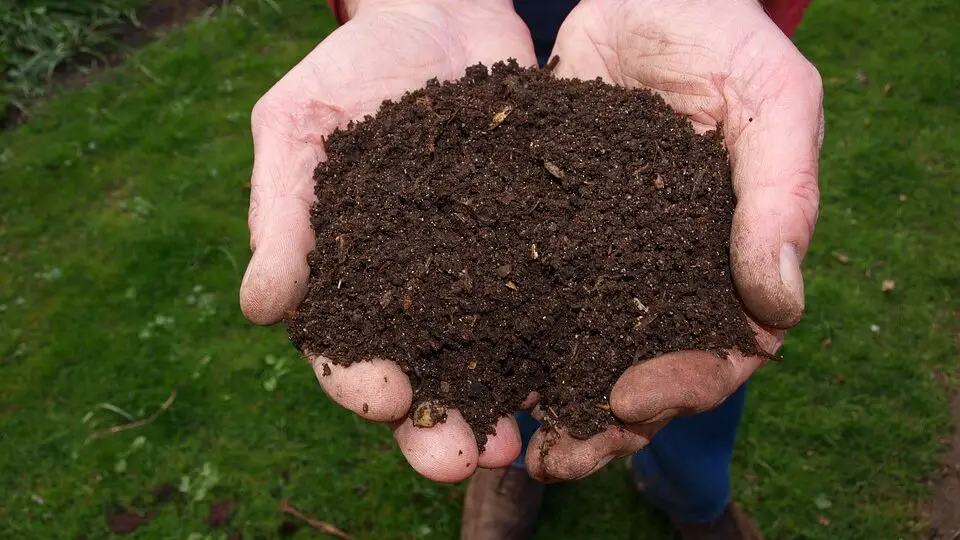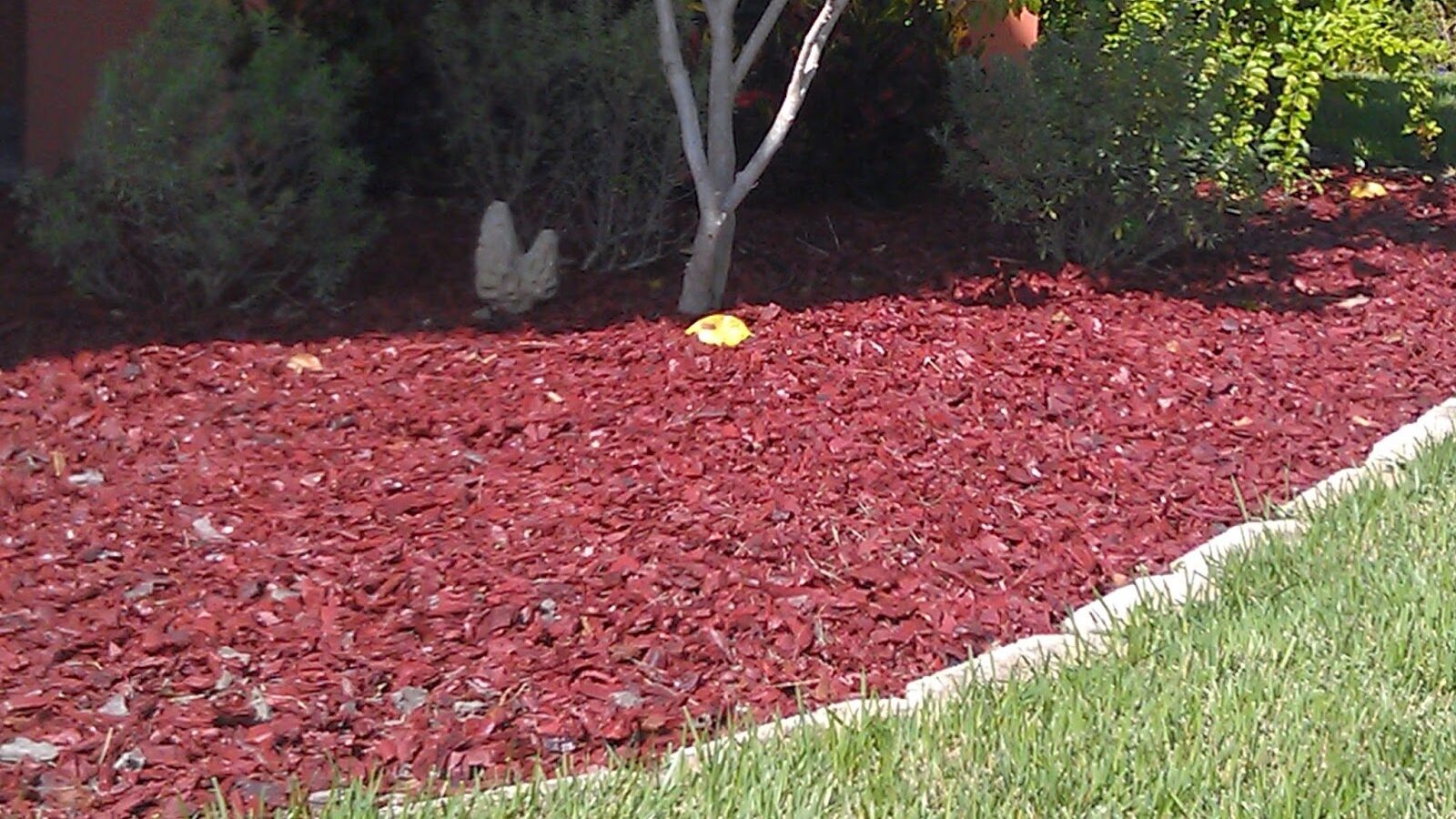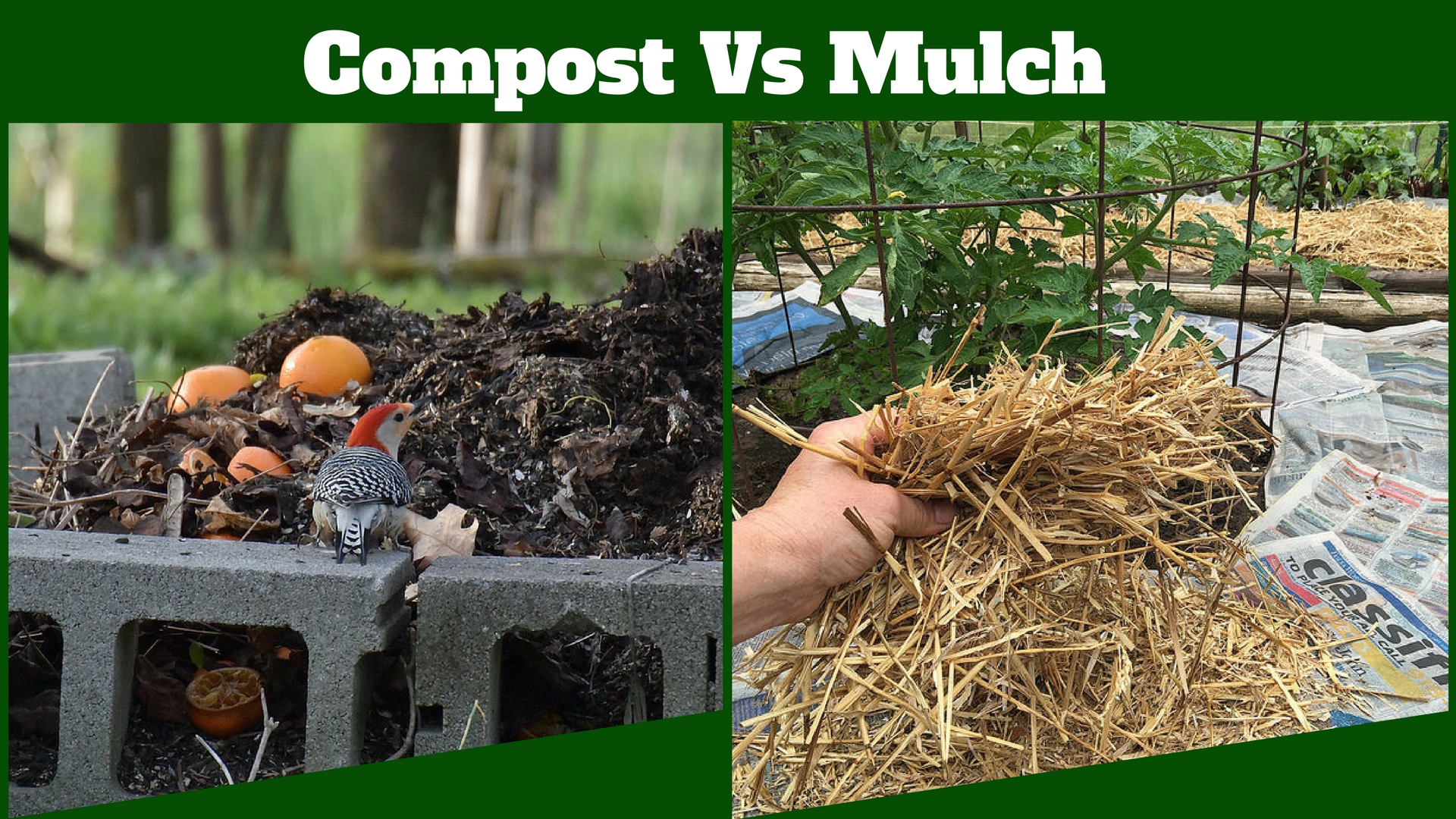We use affiliate links to run our site. When you buy through links on our site, we may earn an affiliate commission, without any added cost to you. Learn more
Hey garden enthusiasts! Are you tired of feeling overwhelmed by all the different techniques and strategies in the horticulture world? Don’t worry, you’re not alone!
Many gardeners get tripped up on the difference between compost and mulch. They might look similar, but trust us, these two substances are unique in their own way.
In this article, we’re going to clear the air and give you the lowdown on compost vs. mulch. We’ll break down the nitty-gritty of their properties and uses so you can make an informed decision on which one is the perfect match for your garden goals. Let’s get growing!
Compost vs Mulch: The Differences
What is Compost?
Compost is known as gardener’s gold. It is a mixture of organic materials, such as leaves, grass clippings, and even those leftovers from dinner, that have broken down into a nutrient-rich soil amendment.
Making compost for your garden can be quite easy, you can get crafty with a compost bin, try out a compost tumbler, or just go old school and stack everything up.
Over time, the natural decomposition process transforms the raw materials into a rich, dark soil-like substance that is teeming with beneficial microorganisms and nutrients.

Benefits of Compost:
Compost has a number of benefits for your garden and plants, including:
- Improving soil structure: Compost helps to improve the structure of your soil, making it easier for roots to penetrate and absorb all the nutrients they need.
- Adding nutrients: Compost is packed with important nutrients like nitrogen, phosphorus, and potassium, essential for healthy plant growth. Basically, it’s like a superfood for your plants!
- Reducing the need for chemical fertilizers: Adding compost to your soil helps cut back on the need for chemical fertilizers. This not only benefits your plants but also the environment.
- Suppressing plant diseases: Compost promotes healthy soil conditions and keeps plant diseases at bay.
How to Use Compost:
Compost is easy to use in your garden and you can incorporate it into your soil in a variety of ways, including:
- As top dressing: Think of this as a sprinkle of magic dust for your soil. Just spread a layer of compost on top of your soil and gently mix it in with a rake.
- Amending soil: Before you plant your flowers or veggies, give the soil a little boost by mixing in some compost. You can do this by hand or with a trusty tiller.
- Filling containers: If you’re planting in containers, compost is your new best friend. Fill those pots up with compost and watch your plants thrive!
What is Mulch?
In layman’s terms, mulch is like a cozy blanket for your soil. It’s made of materials like leaves, straw, or wood chips, and it’s spread over the top of your soil to keep it snug and hydrated.
Not only does it help hold onto moisture, but it also regulates the soil temperature and keeps those pesky weeds at bay.
But here’s the catch, unlike compost, mulch doesn’t break down into a soil-like substance and does not add nutrients to the soil. Think of it more like a protective layer rather than a soil booster.

Benefits of Mulch:
Mulch has several benefits for your garden and plants, including:
- Conserving moisture: No more daily watering sessions! Mulch holds onto the moisture, keeping your plants hydrated and happy.
- Regulating soil temperature: By insulating the soil, mulch helps to regulate soil temperature, keeping roots cool in the summer and warm in the winter.
- Suppressing weed growth: Mulch helps to suppress weed growth by acting as a cover and blocking light from reaching the soil.
How to Use Mulch:
Okay, let’s talk about using mulch in the garden! It’s super simple and there are plenty of ways to incorporate it.
- Spread it over the soil: Simply spread a thick layer of mulch over the surface of your soil. it will protect your soil just make sure you don’t place it too close to the stems of your plants. Your garden will look like it’s got a fresh coat of paint.
- Make raised beds: if you’re looking to add some raised beds to your garden, consider using mulch! With its functional and aesthetic benefits, it’s sure to be a hit.
- Create pathways: Laying down a layer of mulch on your pathways is a great way to keep them looking neat and tidy. Plus, it adds a natural touch to your garden that’ll have your neighbors green with envy.
Can You Use Compost in place of Mulch?
While compost and mulch both play important roles in improving the health and vitality of soil and plants, they are not interchangeable. Sure, they both have similar goals, but they go about them in their own unique way.
Compost is like a culinary master – taking leftovers and scraps and transforming them into a gourmet meal for your plants. Mulch, on the other hand, is more of a temperate regulator, moisture keeper, and weed deterrent all in one.
While you can spread compost on top of the soil to help improve soil structure and fertility, it is not as effective as a mulch in terms of temperature regulation and weed suppression.
Similarly, while mulch can add some organic matter to the soil as it breaks down over time, it is not as rich in nutrients as compost.
So, can you use compost in place of mulch or vice versa? Well, it’s like trying to use a chef’s knife to cut down a tree. Sure, it can get the job done, but it’s not the best tool for the job.
In gardening, it’s all about using the right tool for the right job. So for best results use compost to give your plants a healthy meal and use a mulch to keep things temperate, moist, and weed-free. Trust us, your plants will thank you!
When to use compost and when to use mulch
When it comes to deciding whether to use compost or mulch, think about what you’re trying to achieve in your garden. If you’re looking to improve soil fertility and structure, reach for compost. If you’re focused on regulating temperature, retaining moisture, and suppressing weeds, mulch is your best bet.
Let’s say you have a vegetable garden and you’re to plant your tomatoes and peppers. Now it’s time to add some finishing touches to help your plants thrive.
To give your soil a boost, you could add compost to the beds. By mixing compost into the soil, you’ll be providing your plants with a source of nutrients, improving soil structure, and promoting healthy root growth.
But wait, there’s more! To keep the soil moist and regulate temperature after planting, you could also add a layer of mulch on top of the soil.
This will help prevent water evaporation, reduce weed growth, and keep soil temperature consistent, giving your plants the best chance of success.
So, in this example, you would use compost to improve soil fertility and structure and mulch to regulate temperature, retain moisture, and suppress weeds.
By combining both compost and mulch, you’ll be providing your plants with everything they need to grow strong and healthy!
Conclusion:
When it comes to gardening, compost, and mulch are like the dynamic duo of soil improvement. They each bring their own unique set of skills to the table, working together to create the perfect growing environment for your plants.
So, what have we learned today? Compost is like the green juice of soil, packed with nutrients and beneficial microorganisms. Mulch is the soil’s trusty sidekick, helping to regulate temperature and moisture, and keep those pesky weeds at bay.
Now that you’re an expert in compost and mulch, why not share this knowledge with your fellow gardening enthusiasts? Spread the word and help others achieve green-thumb status too! And don’t forget to explore the site for even more gardening tips and tricks.
Happy planting!
Amazon and the Amazon logo are trademarks of Amazon.com, Inc, or its affiliates.
